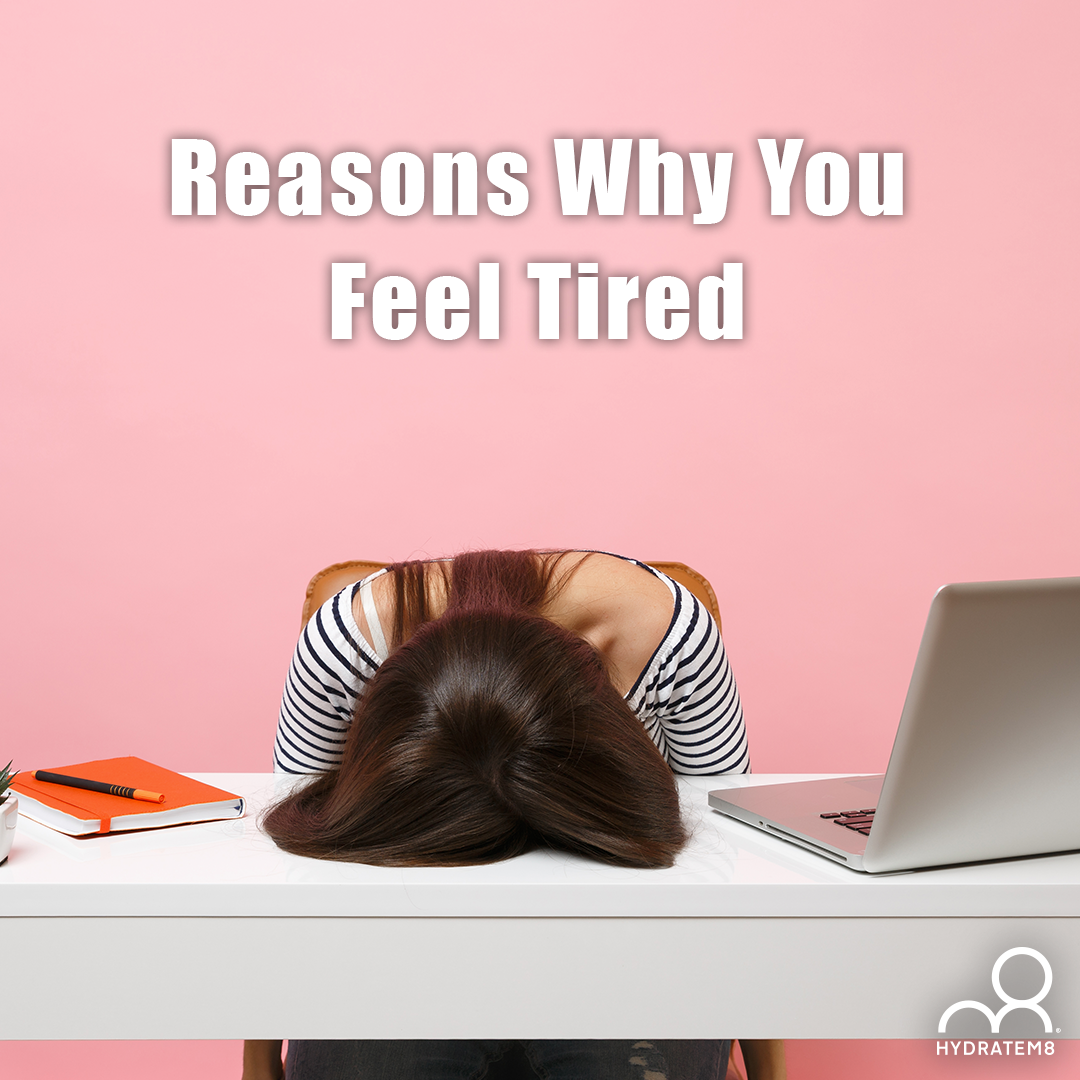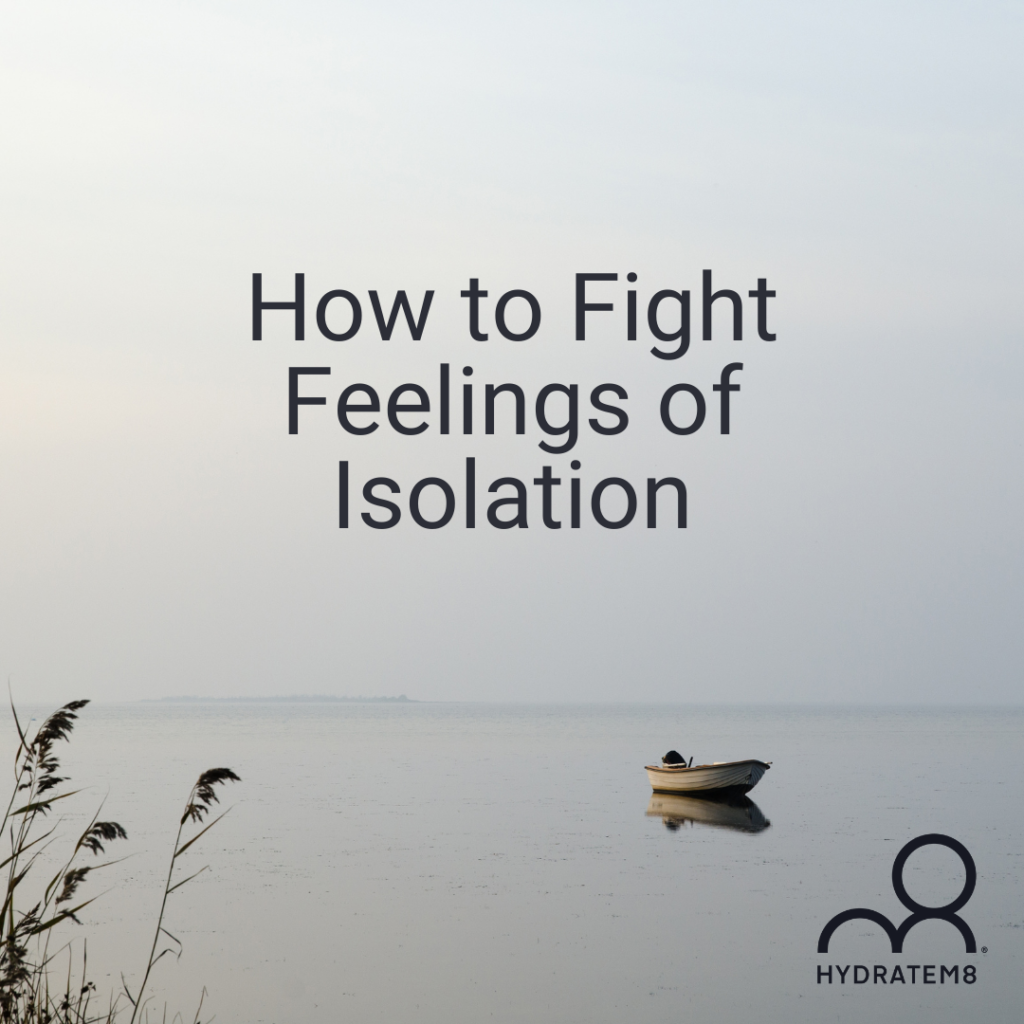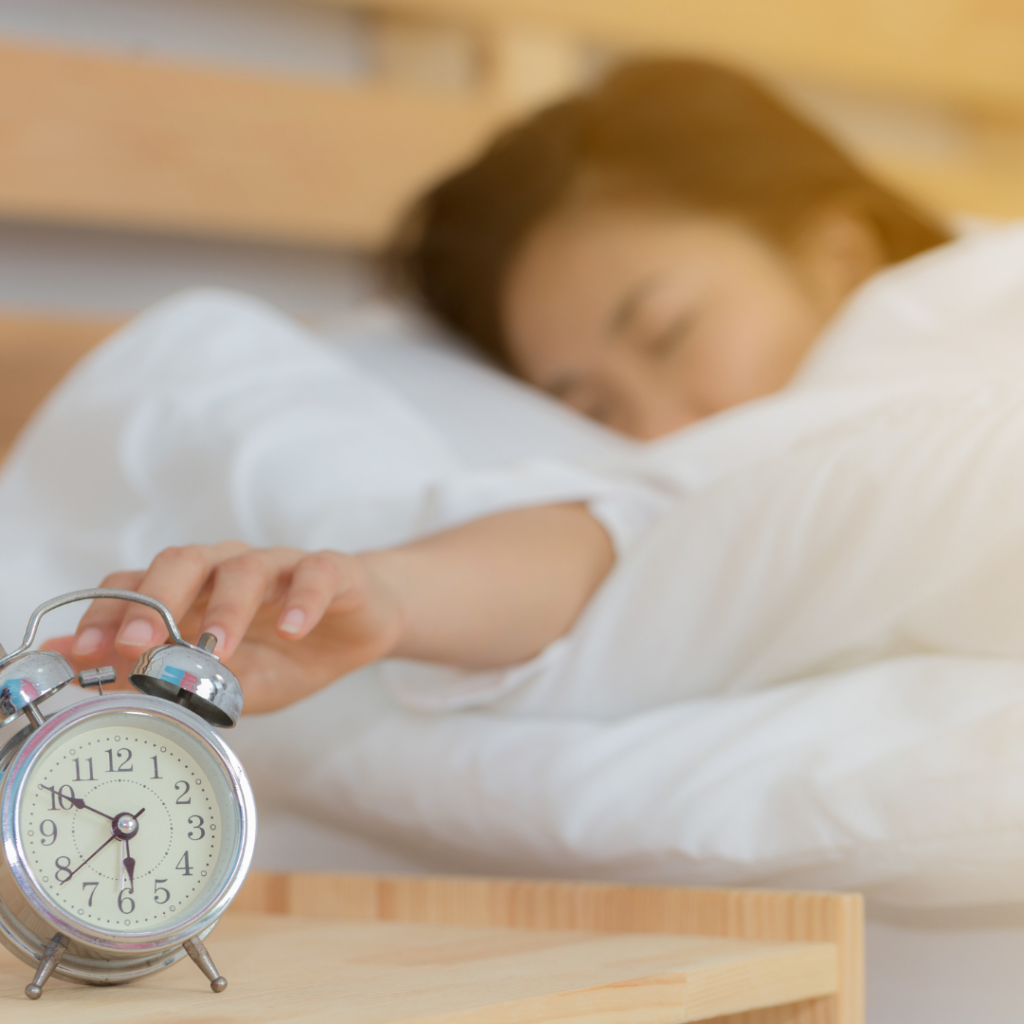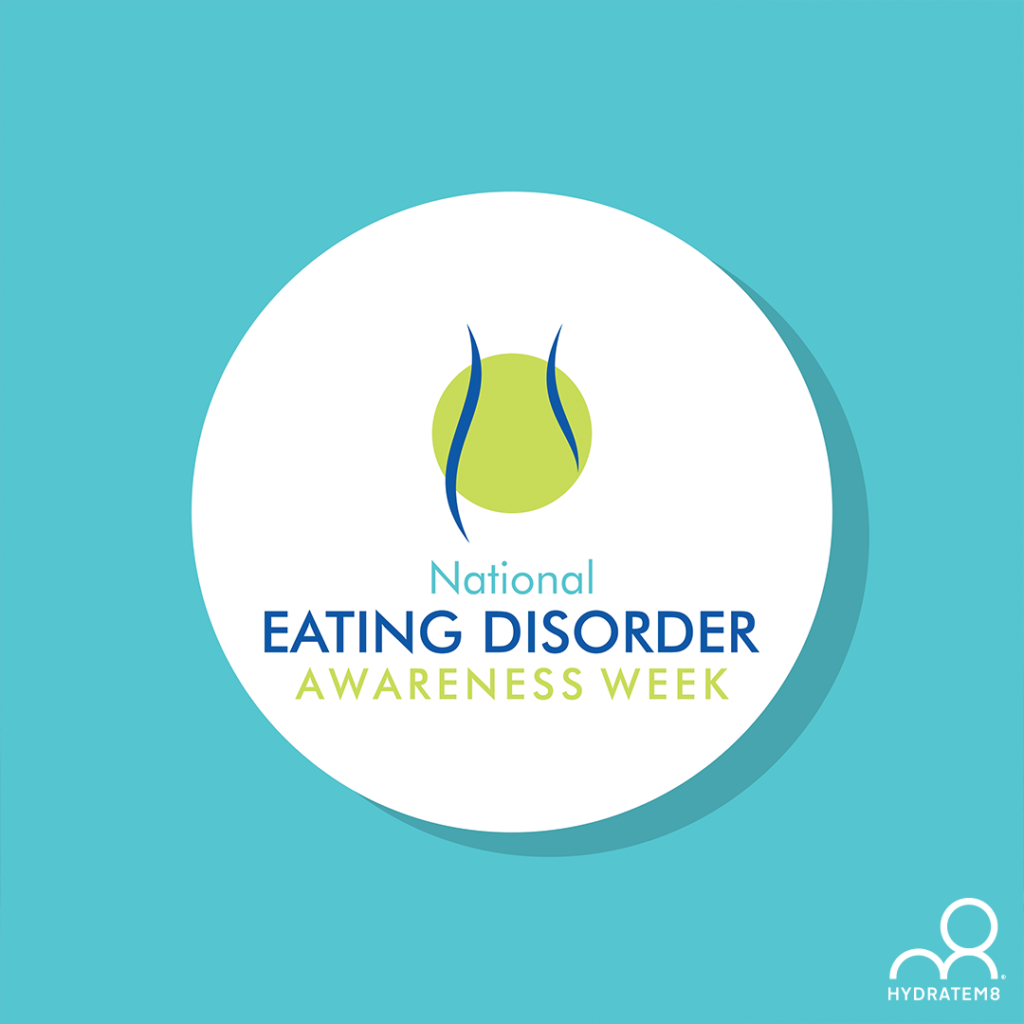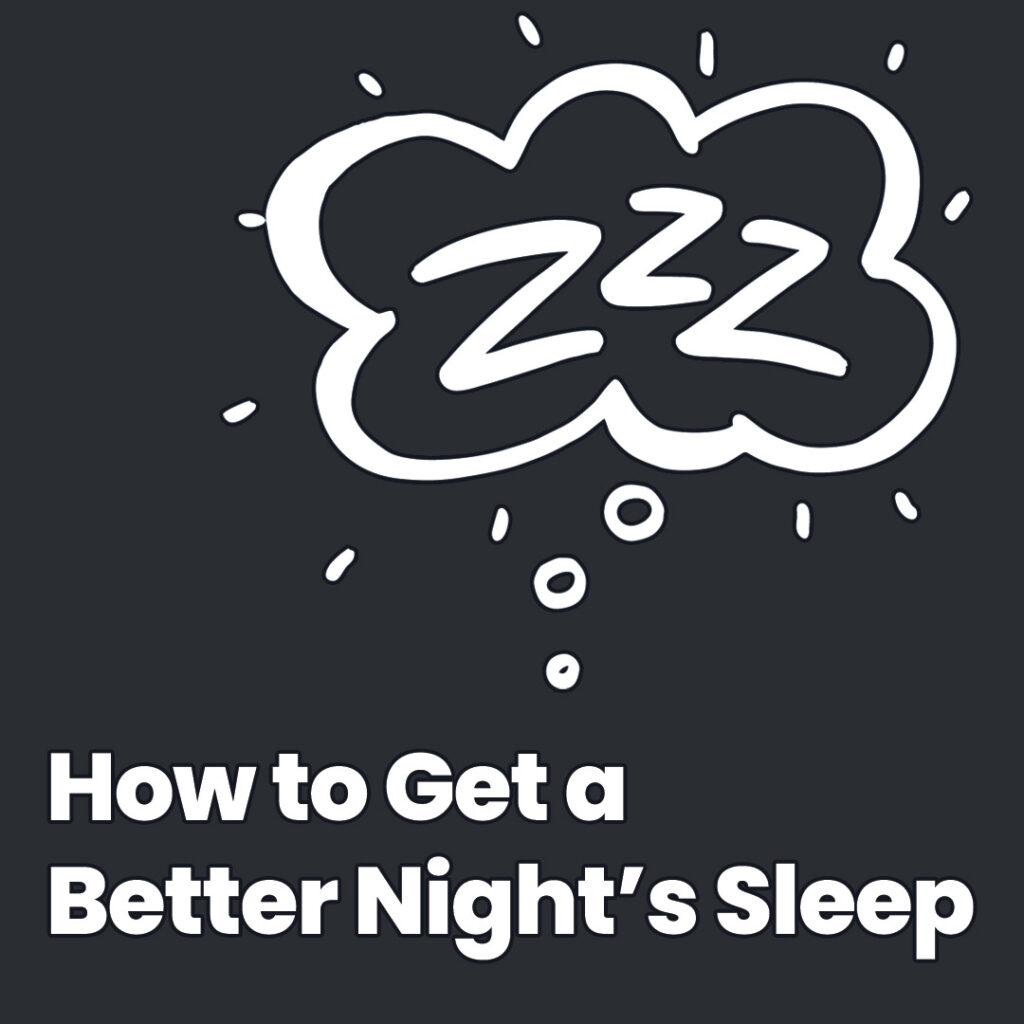Feeling tired during the day may not feel like a big deal and most of the time it isn’t, but if it’s going on for longer than you’re comfortable with, there could be something causing it.
There are many reasons for feeling tired including simply not getting enough sleep, but it could also be because of an underlying health issue. Don’t panic, let’s look at some of the causes of feeling tired all the time.
Diet
What you eat, or don’t eat, can have a major impact on your energy levels. For example, skipping meals, particularly breakfast and lunch can mean that you’re not fuelling your body with the energy it needs to stay on form. If you leave long gaps between your meals, you’ll also notice your energy levels slumping and making you feel tired. Skipping lunch or having an early one can lead to that mid-afternoon slump.
Skipping meals is a no-no even if you’re trying to lose weight. Instead, look to eat more nutritious lower calorie, low fat meals. Food is your body’s energy source, and it needs it to keep running, just like a car. If you feel sluggish between meals, rather than reaching for the cakes, biscuits, or sugary drinks to give you an energy boost, try some healthy snack options like:
- bananas
- protein bars
- dried fruit, nuts and/or seeds
- oatcakes or wholegrain crackers.
Dehydration
Dehydration can be a cause of feeling sleepy. Not keeping your fluid levels topped up can result in low blood pressure and may be contributing to your tiredness. A 2011 study involving men, found that dehydration not only reduced cognitive performance but also increased fatigue even at rest.
The best way to combat fatigue caused by dehydration is to drink small amounts of water throughout the day. The best way to do this? Invest in a Hydratem8 tracker bottle. Our famous tracker is printed on the back of each bottle and by following the hourly timings you will hit the recommended daily water intake.
Stress
Stress can bring about numerous symptoms and side effects including headaches, stomach issues and fatigue. The COVID-19 pandemic has been associated with burnout – a state of physical, mental, and emotional exhaustion which is caused by prolonged stress.
Many people are feeling the impact of social isolation and worrying about themselves, friends, and family during coronavirus. Of course, it’s not just a pandemic that can cause stress. Environmental, personal, social, and work stresses can also contribute and bring about the same effects.
When you’re stressed for any reason, the body responds by going into a fight or flight mode. As a result, the body increases the release of the stress hormones, cortisol and adrenaline. The hormones prepare your body for stressful situations and can result in a variety of symptoms including leaving you feeling exhausted.
Some ways to help you deal with stress include:
- staying in touch with friends and family
- deep breathing
- meditation
- if you can, remove yourself from the stressful situation
- exercise
- finding a new hobby.
Vitamin deficiency
There are certain nutrients that if deficient can result in you becoming fatigued, including vitamin B12, vitamin D, magnesium, potassium, and iron. For example, iron is important in the production of healthy red blood cells whose main role is to transport oxygen around the body. Oxygen is essential for energy production, so if the ability of the red blood cells to transport it is impaired, which it can be if you are deficient in iron, it can leave you feeling tired, short of breath and having pale skin.
Vitamin deficiency can occur because you’re not getting enough of them in your diet. For example, certain groups are at a greater risk such as vegans who are at risk of vitamin B12 deficiency because it is mainly found in animal-based products. If you think you may have a vitamin deficiency, consult your doctor for advice as they may recommend taking supplements.
Lack of sleep
A lack of sleep is often to blame for feeling tired and having too many late nights or not having an adequate night-time routine can reduce your energy levels. On average, adults need 7-9 hours of sleep per night but staying up late can lead to sleep deprivation.
Getting into a good bedtime routine like going to bed earlier, at the same time every night can help. You should also ensure the room is well ventilated, clean, dark, and quiet. Avoiding screens such as the TV and mobile phone before bed can also help because they emit blue light which tricks your brain into thinking it’s daytime, so you’re likely to find it difficult to fall asleep.
Summary
It’s normal to feel more tired than usual sometimes, especially if you have had a busy day but it’s important to recognise when it becomes excessive. Making some simple lifestyle changes like eating a better diet, staying hydrated and getting into a good bedtime routine can all help. If you are worried about feeling tired all the time, speak to your doctor for advice.
Sources
Ganio, M, S et al. (2011). Mild Dehydration Impairs Cognitive Performance and Mood of Men. British Journal of Nutrition: 106, pp 1535-1543.
Queen, D and Harding, K. (2020), Societal Pandemic Burnout: A COVID Legacy. Int Wound J: 17(4), pp 873-874.

